It can be emotionally taxing and upsetting to deal with a narcissist, since a narcissist uses every opportunity to take advantage of you. When it comes to their partners, self-esteem, family members, friends, or coworkers, narcissists have an exaggerated feeling of their own significance and a strong desire for approval. But it can be a major turning point when you realize that a narcissist has had enough and is done with you. This actually allows you to reclaim your own life and independence, and rediscover serenity by getting out of that toxic web.
According to research, romantic relationships linked with narcissism have a lasting negative impact and are marked with selfish and aggressive behaviors, along with a lack of warmth, trust, and forgiveness. While each person is different, we are here to talk about the few universal signs that a narcissist is over you. These will help you negotiate the situation with clarity and safeguard your mental well-being.
According to Nandita Rambhia (MSc Psychology) who specializes in CBT, REBT, and couple’s counseling, “Initially charming, narcissists can quickly reveal their tumultuous traits, impacting your mental well-being. Their self-centered behavior, manipulation, and lack of empathy lead to emotional turmoil. Recognizing these signs and seeking support are crucial to safeguarding your mental health in the face of such challenging dynamics.” This is why, in this article, we will look at 11 significant signs a narcissist is done with you.
How Does The Narcissist Abuse Cycle Work?
Table of Contents
How do you know if a narcissist is finished with you? Narcissists use a cyclical pattern of behavior known as the narcissist’s abuse cycle to deceive, control, and emotionally hurt their victims. For victims to recognize and escape the toxic relationship and its damaging dynamics, it is essential to comprehend this whole cycle – To know if a narcissist wants you back and when they want to leave you again. Idealization, devaluation, disposal and hoovering and repetition make up the traditional four phases of the abuse cycle:
- Idealization: The narcissist portrays themselves as charming, engaging, and attentive throughout the idealization stage in such a way that they give their new victim an abundance of love, flattery, and presents to give the impression that their abusive relationship is ideal. This stage is used to emotionally engage the victim and create a solid bond
- Devaluation: The devaluation phase starts as the relationship develops. The narcissist begins to attack the victim’s confidence and self-respect. They use a variety of abusive strategies, including emotional manipulation, gaslighting, criticism, and denigration. While the narcissist establishes their dominance and control over the victim, they are always trying to make the victim feel inadequate and unworthy
- Disposal and hoovering: A pathological narcissist may dump you but then attempt to ‘hoover’ or bring you back into contact with them. Narcissist hoovering can be done via email, text, phone call, or letters. Understand that hoovering isn’t genuine change, but a bid to satisfy their ego
- Repetition: The cycle often repeats itself, with the narcissist cycling back to the idealization phase to regain control over the victim’s emotions and perpetuate the toxic cycle
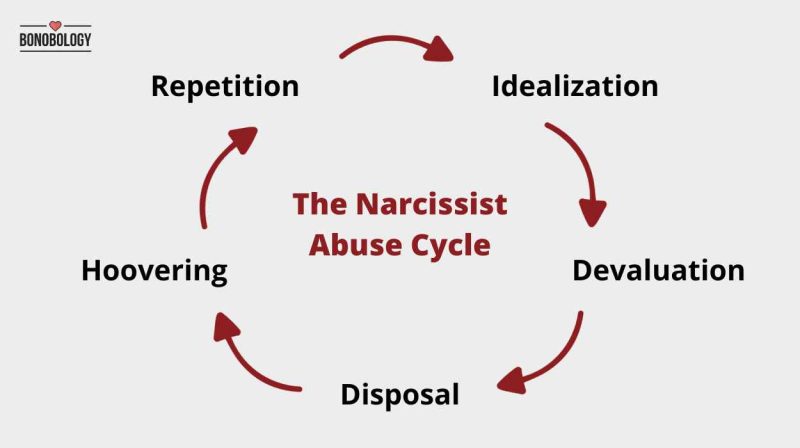
Nandita says, “Emotional manipulation and a lack of genuine empathy become evident in this abusive cycle, leading to a topsy-turvy emotional rollercoaster. Such behavior deeply impacts your mental health, causing confusion, self-doubt, and emotional turmoil. Recognizing these patterns is vital for self-preservation. Seeking guidance from professionals or support networks empowers you to navigate this challenging terrain, regain your equilibrium, and protect your emotional well-being from the detrimental effects of a narcissistic relationship.”
Related Reading: 21 Signs Of A Narcissistic Husband And How To Cope
11 Ways To Tell A Narcissist Is Finished With You
According to research, ironically, vulnerability seems to be the hidden underside of grandiosity in narcissistic people. Therefore, it’s crucial to remember that the severity of these signs might vary and that they might not always be present. Recognizing these symptoms in your relationship doesn’t indicate that you’ve failed in love in any way; rather, it shows the narcissist’s incapacity to maintain their demand for dominance and control over you.
Let’s understand the narcissist’s behavior in order to put your emotional well-being first. Here are the 11 telltale signs that a narcissist is done with you:
1. They devalue you all the time
A narcissistic partner frequently idealizes their partner in the beginning of a toxic relationship but may suddenly switch to depreciating and dumping them as they lose interest or discover someone else to pursue. They might treat you with disrespect, belittle you, criticize you, or act as if you don’t matter. This bad behavior is intended to make you feel less valuable while upholding their superiority complex.
According to research, narcissistic traits are associated with a grandiose sense of self, entitlement, and the use of bold and exploitative social strategies to gain social attention and prominence. Nandita suggests, “Shield yourself from the impact of their criticism and judgments – Recognize their aim to manipulate and control. Engage in activities that boost self-esteem and affirm your worth. By focusing on personal growth and positivity, you can counter the negative influence and gather strength against attempts to undermine your confidence and autonomy.”

2. Silent treatment is one of the signs a narcissist is done with you after breakup
The silent treatment is a popular kind of manipulation employed by narcissists. A narcissist finds excuses and will purposely ignore you and stop communicating with you as a form of control or punishment. They exert control over you by making you feel disregarded and unimportant, which drives you to go to them for affirmation.
Nandita suggests, “Counter the silent treatment by staying composed, setting clear boundaries, and calmly expressing your need for open communication. Prioritize self-care, seek support, and detach emotionally from their tactics.”
3. There’s a lack of empathy toward you
One of the most obvious signs a narcissist is done with you is when they display their lack of empathy. Because they are primarily concerned with their own needs and desires, narcissists find it difficult to empathize with others. A narcissist becomes even more self-centered and ignorant of your feelings once they’ve had their way with you. They don’t care about your well-being, and they could even make fun of or ignore your emotions.
Related Reading: No Contact With A Narcissist – 7 Things Narcissists Do When You Go No Contact
4. The hoovering attempts have stopped
Narcissists tend to use hoovering as a technique to entice ex-partners back into the toxic relationship – That’s a common sign of dating a narcissist. To influence you, they can resort to coercion, flattery, or assurances of change. But if a narcissist is completely done with you, they won’t try to make things right or seek you back. They are now looking for fresh sources of approval.
5. They are ignoring your boundaries
Physical and emotional boundaries are not particularly important to narcissists. When they’re done with you, they might overstep your limits, invade your personal space, gain unauthorized access to your personal data, or ignore your requests. Their lack of respect for you deepens and they show that they don’t care about your wants or autonomy. At this point, seek a relationship expert if things go out of hand.
Nandita says, “Establishing boundaries with a narcissist can be challenging due to their disregard. However, it’s crucial to assert yourself firmly. Address boundary violations openly, even in the presence of others. This consistent stance sends a clear message, protecting your well-being and reinforcing the importance of mutual respect, regardless of the situation.”
6. Starting smear campaigns against you is another sign a self-obsessed partner has moved on
How do you know if a narcissist is finished with you, you might ask? A narcissist may launch a smear campaign against you in such a way that after they have had their way with you, they will damage your reputation and alienate you from other people. They could fabricate tales, propagate rumors, or manipulate the truth to cast you in a poor light. This deceitful method seeks to damage your reputation and incite people to oppose you in order to further establish their power and supremacy.
7. They don’t take responsibility for their behavior
The difficulty of accepting accountability in a relationship for one’s conduct increases for narcissists after they are finished with you. When you tell a narcissist that “it’s over,” they won’t admit any wrongdoing, apologize, or express regret. Instead, they might try to shift responsibility to you or downplay the harm they have done to the relationship. This lack of responsibility highlights their disregard for preserving a positive relationship.
Related Reading: How To Make A Narcissist Miserable – 13 Things To Do
8. There have been attempts at hoovering, but without the amends
After a narcissist has had it with you, they try to drag you back into the relationship, but this is not out of a sincere desire to mend fences or patch things up. Once they have achieved their goal, like restoring control over you or ego boost, they may utilize temporary charm, deceptive promises, or manipulation to entice you back.
But these “I’m back to get you and fix everything” gestures are hollow. There are no amends and no follow-ups. This ‘happy return’ is among the ironic signs that this manipulator is completely done with you.
9. Narcissists are masters of gaslighting when they have moved on
Narcissists misrepresent or contradict the victim’s understanding of reality, leading them to doubt their own memories, ideas, and experiences. They could claim that something didn’t happen or that it occurred in a different way from how the victim remembers it, which could lead to confusion and self-doubt, especially in a relationship. Over time, the victim’s confidence and self-esteem suffer as a result of dealing with gaslighting. Their sense of self is undermined by the ongoing manipulation, invalidation, and confusion, which causes them to doubt their existence.
Also, narcissists need narcissistic supply, i.e. constant validation and attention. They will aggressively seek out new sources of this supply once they are done with you. They might seek out a new person, romantic interests, or attention-seeking activities.
Nandita points out, “Gaslighters manipulate reality to make you doubt yourself and make you believe you’re responsible for many issues. Recognizing this tactic is vital for mental clarity. By acknowledging the distortion, you regain control over your perception. This awareness empowers you to reject false narratives, affirm your reality, and counteract the psychological manipulation that seeks to erode your confidence and self-trust.”

10. A narcissistic partner becomes emotionally distant when they want to break up with you
Narcissists grow emotionally cold as they withdraw themselves from you and seem to play with your emotional intelligence in the relationship. They don’t appear to care about your life, feelings, or general well-being. When you make an effort to connect with them or engage them emotionally, they could come across as aloof, uncaring, and unresponsive. Their lack of emotional commitment reveals their indifference in continuing to feel anything for you emotionally.
11. They move on swiftly
Narcissists frequently abandon relationships or start new projects right away. Once they are done with you, they may seem to ease into new connections, projects, or relationships. This quick movement symbolizes their eagerness to move on from you and look for new opportunities for thrills, approval, and attention.
Nandita shares, “Narcissists often hop from person to person, seeking validation and control. While it may temporarily boost their ego, this behavior masks their insecurity and inability to form deep connections. Ultimately, their cycle of superficial relationships perpetuates their own emotional emptiness and prevents genuine personal growth.”
What happens when a narcissist knows you are onto them?
The only method used by a pathological narcissist for regaining inner balance and a sense of security in their world is to reassert control and power over you. And they will do this frantically as if their lives depended on it. For the narcissist, maintaining control and power always requires proving you wrong. This way, they also eliminate the danger you offer to their fictitious selves.
Alternately, they can get hostile or enraged and act out in an effort to preserve control and safeguard their flimsy ego. All these are signs a narcissist is done with you after breakup. But here is what happens when a narcissist knows you are on to them:
Related Reading: A Rundown On What A Narcissist Does At The End Of A Relationship
1. They get defensive
When you tell a narcissist it’s over, they may respond defensively, deny any wrongdoing, and attempt to rationalize their behavior. They may deflect blame onto you or others and avoid taking responsibility for their actions.
2. Narcissists start gaslighting you when you get to know their truth
Narcissists are skilled at gaslighting, a manipulative technique used to make the victim doubt their own perceptions and reality, triggering low self-esteem. When they realize you are onto them, they may intensify their gaslighting tactics, trying to confuse and invalidate your observations with some quick fix.
3. They get angry and aggressive
Narcissists often have a fragile ego and cannot tolerate being exposed or challenged. When a narcissist is done with you, they may react with anger, aggression, or even rage in a short period when they realize that you see through their manipulations. This can manifest as verbal attacks, threats, or even physical intimidation in extreme cases.
4. They give you the silent treatment to scare you into submission
In order to regain control and maintain their superiority and to throw you off the right track, narcissists use the silent treatment and withdraw themselves from the relationship emotionally. A narcissist ignores you or withholds affection and attention as a means of punishment, or to make you doubt your own perceptions. Take the help of your closest friends in this scenario.

5. They initiate charm offensive or love bombing
Alternatively, a narcissist may switch tactics and try to win you back through charm and excessive flattery. This is known as love bombing, where they shower you with attention and affection to regain your trust and manipulate you into staying in the toxic relationship.
6. Narcissists adopt manipulative tactics when you’re on to them
When a narcissist is done with you and realizes you are on to them, they may escalate their manipulative tactics in an attempt to regain control. They may employ guilt-tripping, playing the victim, or using other forms of emotional manipulation like causing you self-loathing to regain their power over you.
7. They try to reinforce the trauma bond
Through trauma bonding, victims get used to the emotional highs and lows of the relationship. They may find it challenging to liberate themselves as a result of this reinforcement because they have been conditioned to equate the sporadic displays of affection with security and love.
Related Reading: Trauma Bonding: Why People Stay In Abusive Relationships
Nandita suggests, “When you recognize the harmful nature of trauma bonding, seeking professional assistance becomes crucial. A therapist can guide you toward breaking this unhealthy connection. If necessary, physical separation may be needed to fully heal. Professional support equips you with strategies to regain autonomy, heal emotional wounds, and establish healthier relationships, promoting your overall well-being and growth.”
Key Pointers
- Disengagement from the relationship is one of the obvious signs a narcissist is done with you
- A narcissist’s degree of effort and investment in the connection sharply declines when they are no longer interested in you. They might put off chores, put off making plans, or exhibit little enthusiasm for settling disputes or repairing the toxic relationship
- Look out for the signs a narcissist is done with you after breakup — They might intensify their criticism, insults, and put-downs in an effort to devalue and undermine your worth
- Narcissists struggle to empathize and feel real emotions. When they’re done with you, they become emotionally distant and adopt a chilly, distant demeanor
- The desire for approval and attention is overwhelming in narcissists. As their relationship with you comes to an end, they might actively look for new narcissistic relationships or a narcissistic partner to create a new trauma bond
It’s important for your well-being to recognize signs that a narcissist is finished with you. This way, you get important insights into the relationship and you can emotionally detach yourself from them. You can defend yourself by realizing that their actions are a result of their own insecurities and craving for control.
When a narcissist is done with you, it’s a chance for you to take back control and put your attention upon your own development and happiness. Although accepting the truth of their disengagement may be difficult and hurtful, it is crucial to keep in mind that their actions do not reflect your worth. You can release yourself from their control and reclaim your independence by realizing that their actions are motivated by self-interest and that they are unable to uphold meaningful ties.
Relationship Bully – What Is It And 5 Signs You Are A Victim
7 Subtle Signs Your Partner is Quiet Quitting Your Relationship
13 Signs Of A Vulnerable Narcissist In Relationships And How To Deal With One
Your contribution does not constitute a charitable donation. It will allow Bonobology to continue bringing you new and up-to-date information in our pursuit of helping anyone in the world to learn how to do anything.

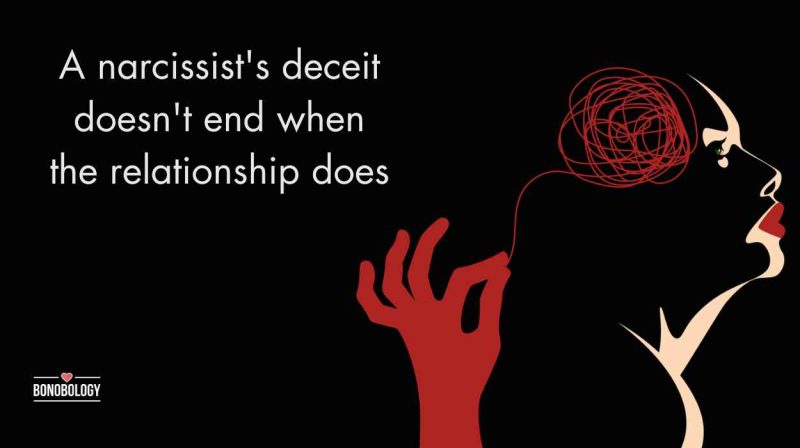
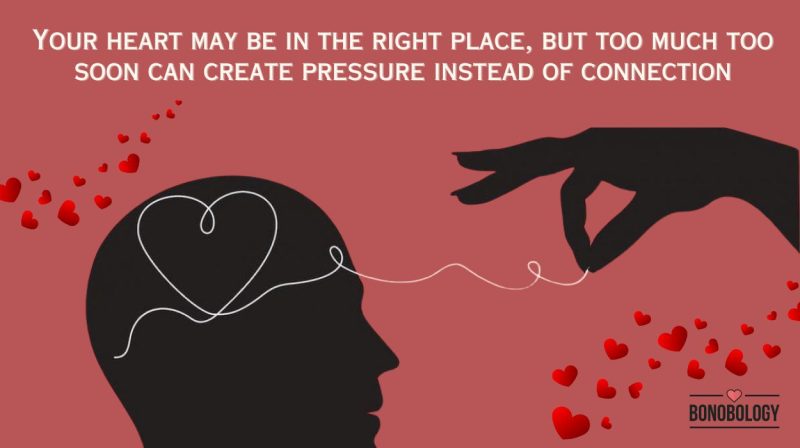

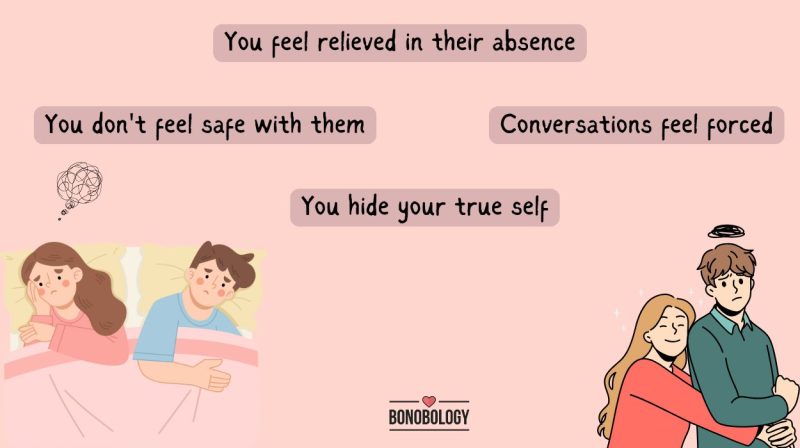




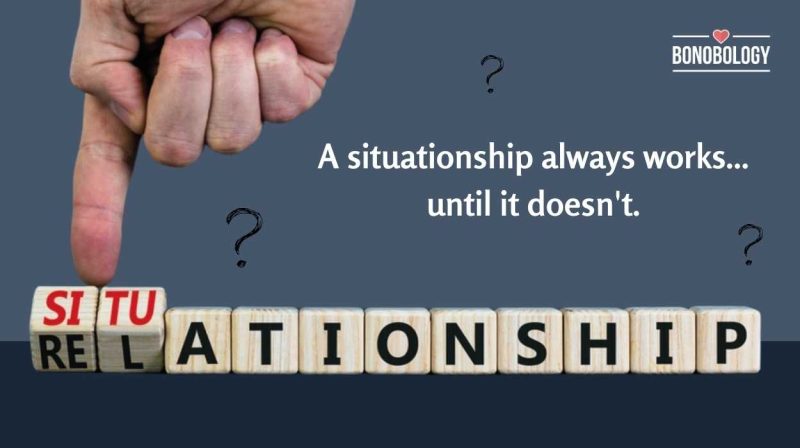

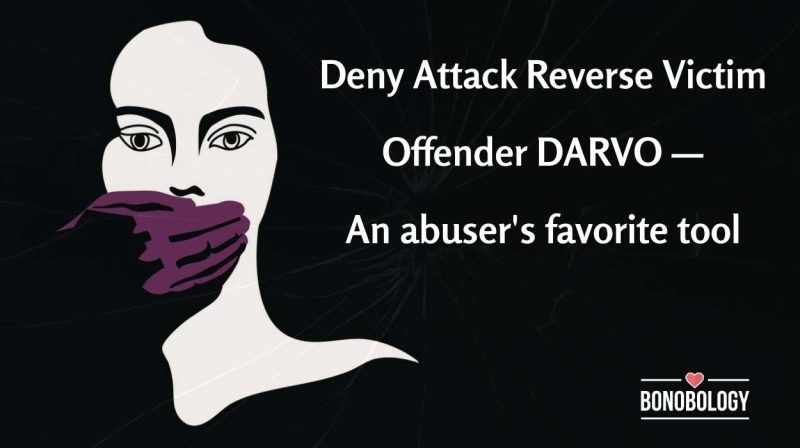

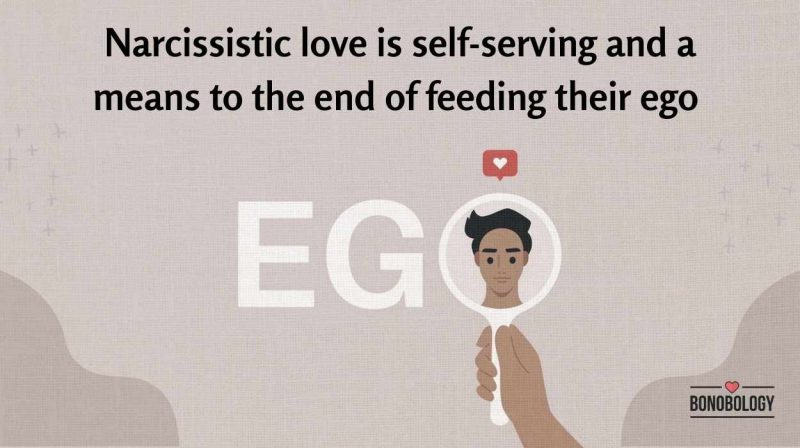
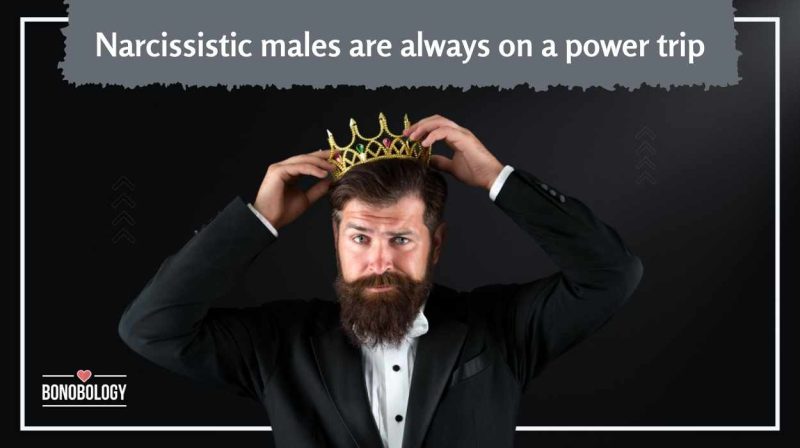
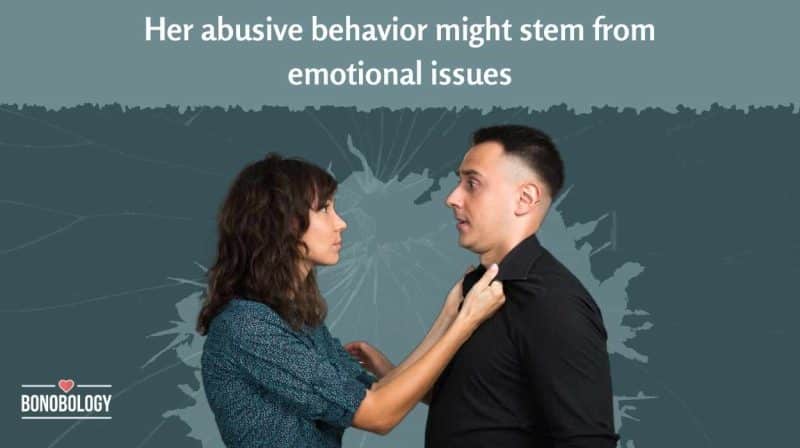
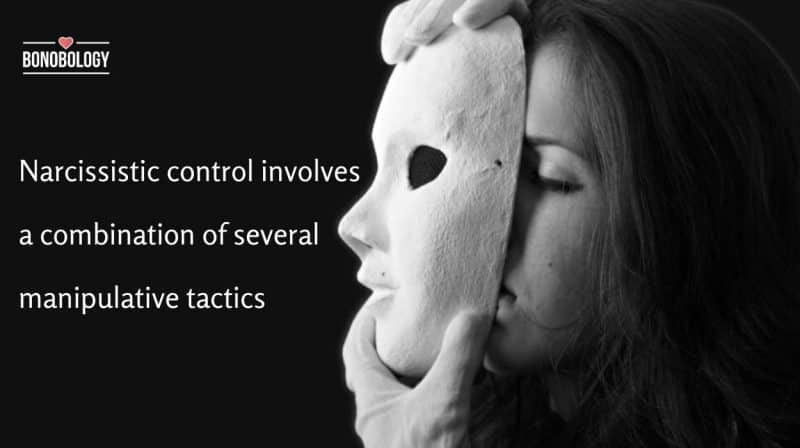
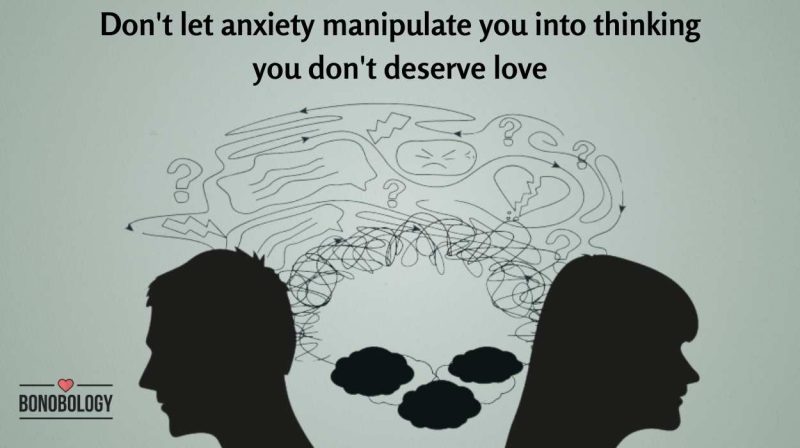


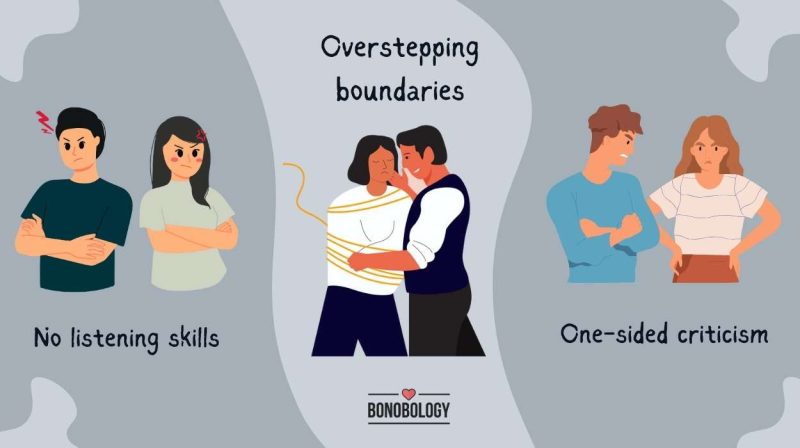
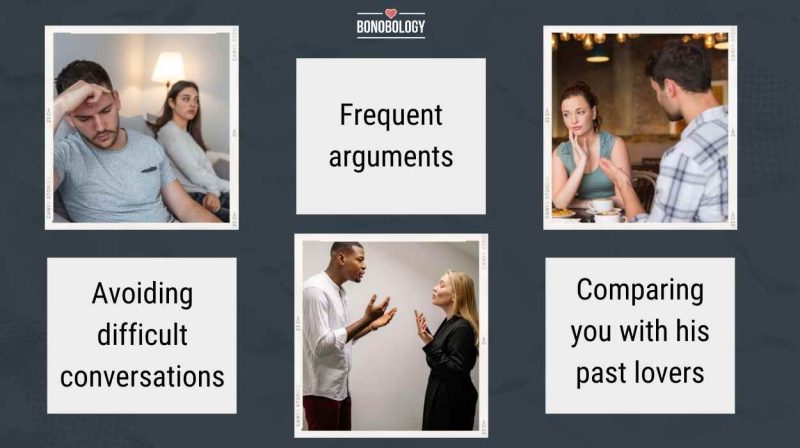
Featured
Unintentional Love Bombing: 9 Ways You May Be Overwhelming Your Partner
13 Signs Of A Hot And Cold Relationship & How To Break The Pattern
21 Subtle Signs You’re Not Really In Love With Your Partner
I Hate My Girlfriend: Why You Feel This Way And What To Do
When Health Challenges Affect Your Relationship Dynamics
5 Harsh But True Signs He’ll Never Marry You
21 Signs That You Are Alone In A Relationship
11 Situationship Red Flags You Should Know About
Why Do I Get Attached So Easily? 9 Possible Reasons and Ways to Stop
How To Respond To DARVO: Expert Lists 7 Strategies
What Is Fexting, And Why Is It Bad For Your Relationship?
Are Narcissists Capable Of Love?
11 Prominent Male Narcissist Traits to Watch For
Why Does My Girlfriend Hit Me? Expert Shares 11 Possible Reasons And Ways To Cope
How Does A Narcissist React When They Can’t Control You?
“My Anxiety Is Ruining My Relationship”: 6 Ways It Does And 5 Ways To Manage It
13 Distinctive Traits Of Female Narcissists Revealed
Recognizing The 13 Red Flags Of A Controlling Relationship
What Are The Examples Of Narcissistic Behavior In A Relationship?
11 Signs He Is Forcing Himself To Love You